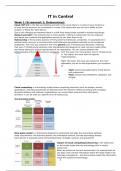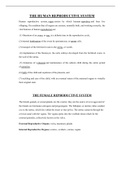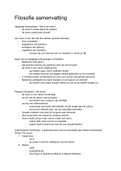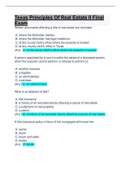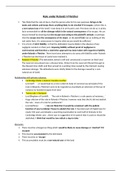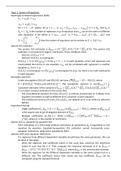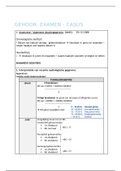1
NURS128 Social and Cultural Awareness – Lebanon
Schoolcraft College
, 2
The way a nation raises its children is what defines them. The customs and treatment of
their women as they bear the next generation and how families prepare their offspring are crucial
to the development of the population and structure of their society. Lebanon is one of many
countries with their own diverse way of bearing and rearing children. Pregnancy care in Lebanon
is medically modern, as women receive equal civil rights, which is much more socially liberal
than in many other Arab countries. Gender roles are still rigid in that women often stay home as
homemakers and men go out to work and earn for their families, but in recent years, more
women are entering the workforce. Families raise children in strict, patriarchal households where
academic performance is held to a high standard. Harsh fathers and coddling mothers
characterize them, especially so to males.
Much of the country is Muslim, so citizens adopt many pre-birth Islam traditions.
The husband and the mother are a large presence during this time. Pregnant women are exempt
from fasting during Ramadan to ensure the fetus is properly nourished. Lebanon has become
much more westernized in its diet, leading to higher calories and lower nutrient concentrations.
Due to high malnutrition rates in Lebanon, there have been attempts by the Lebanese
government and non‐governmental organizations (NGOs) to support early childhood feeding
practices and breastfeeding (Naja et al., 2021). Birth almost always occurs in the hospital setting,
and like in the United States, only one person is allowed in the delivery room, most often the
husband. After the baby’s arrival, the extended family has their time.
Once the baby is born, there is a 40-day prolonged period of intense visitation,
called “Nifas”, meaning “blood of childbirth”, where the entire extended family will come to
meet the baby and shower the new mother with gifts, most often in the form of food. The most
popular treat that the new family unit will receive is “mighle” which is a cinnamon forward rice
NURS128 Social and Cultural Awareness – Lebanon
Schoolcraft College
, 2
The way a nation raises its children is what defines them. The customs and treatment of
their women as they bear the next generation and how families prepare their offspring are crucial
to the development of the population and structure of their society. Lebanon is one of many
countries with their own diverse way of bearing and rearing children. Pregnancy care in Lebanon
is medically modern, as women receive equal civil rights, which is much more socially liberal
than in many other Arab countries. Gender roles are still rigid in that women often stay home as
homemakers and men go out to work and earn for their families, but in recent years, more
women are entering the workforce. Families raise children in strict, patriarchal households where
academic performance is held to a high standard. Harsh fathers and coddling mothers
characterize them, especially so to males.
Much of the country is Muslim, so citizens adopt many pre-birth Islam traditions.
The husband and the mother are a large presence during this time. Pregnant women are exempt
from fasting during Ramadan to ensure the fetus is properly nourished. Lebanon has become
much more westernized in its diet, leading to higher calories and lower nutrient concentrations.
Due to high malnutrition rates in Lebanon, there have been attempts by the Lebanese
government and non‐governmental organizations (NGOs) to support early childhood feeding
practices and breastfeeding (Naja et al., 2021). Birth almost always occurs in the hospital setting,
and like in the United States, only one person is allowed in the delivery room, most often the
husband. After the baby’s arrival, the extended family has their time.
Once the baby is born, there is a 40-day prolonged period of intense visitation,
called “Nifas”, meaning “blood of childbirth”, where the entire extended family will come to
meet the baby and shower the new mother with gifts, most often in the form of food. The most
popular treat that the new family unit will receive is “mighle” which is a cinnamon forward rice

